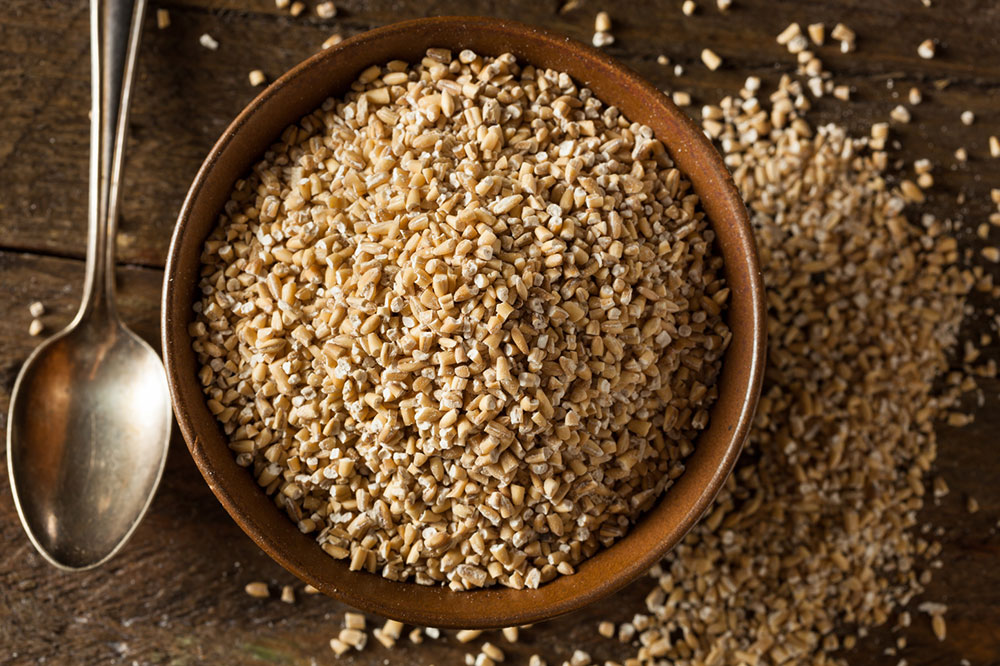
Dietary Tips for Irritable Bowel Syndrome (IBS)
Irritable bowel syndrome (IBS) is a disease that affects your gastrointestinal system, leading to abdominal pain, diarrhea, bloating, constipation, and various other symptoms. The symptoms of IBS are not constant and may occur due to triggers like stress, faulty eating patterns, a particular food, etc. Eating healthy is essential to keeping IBS in check. Therefore, this article lists a few important dietary tips that irritable bowel syndrome (IBS) patients should follow. These include the following:
- Develop good eating habits
One of the best nutritional tips irritable bowel syndrome (IBS) patients can follow is to develop a healthy eating pattern. Doing so improves overall digestion and can reduce the severity and occurrence of IBS symptoms.- Eat your meals at regular times
- Do not eat late in the night
- Do not have your meals while using the phone or watching TV
- Prevent overeating and try consuming smaller portions
- Do not have your meals in a rush. Chew your meals slowly without swallowing a lot of air.
- Stay hydrated
Keeping yourself hydrated is one of the essential dietary tips irritable bowel syndrome (IBS) patients can bear in mind.- Drink plenty of fluids, especially water.
- Try consuming at least 1.5 liters to 3 liters of water every day
- Avoid substituting water for carbonated beverages
- It’s better to take water between meals than having a large amount right after one.
- Avoid caffeine and alcohol
Another of the dietary tips irritable bowel syndrome (IBS) patients need to note is to cut their caffeine and alcohol intake. Both alcohol and caffeine irritate the intestinal lining, which may trigger the onset of IBS symptoms.- Caffeine is present in tea, coffee, sodas, chocolate, and energy drinks.
- According to Health Canada, those suffering from IBS should limit their caffeine intake to 400mg per day.
- When it comes to alcohol, it is suggested that women consume no more than 3 standard drinks and men 4 per day. A standard drink would be a glass of wine, one bottle of beer, or one shot of spirits.
- Try a low FODMAP diet
Short for fermentable oligo-di-mono-saccharides and polyols, FODMAP is a group of carbohydrates that triggers IBS symptoms. Some FODMAP foods include wheat, legumes, lactose products (milk, yogurt, cheese, etc.), fruits like figs, mangoes, blackberries, and vegetables like onions and garlic. There are three steps to follow in the FODMAP diet.- First, those suffering from IBS should restrict these items from their meals.
- Next, they can slowly reintroduce the foods to check which FODMAP carbohydrates they can tolerate and in what quantities.
- Finally, they can create a personalized diet with this information.
- Avoid fatty and processed foods
Fatty foods and processed foods should be avoided if you have IBS, as these items can cause excessive stomach cramping and lead to diarrhea. Some fast-food contain polyols or artificial sweeteners that can irritate the gastrointestinal tract as well.- The foods to avoid are cheese with high-fat content, ice cream, sausages, bacon, whipped cream, pastries, cookies, cake, and other baked goods, chocolate, and more.
- Some healthy, mono and polyunsaturated fats are important and can be eaten in moderation. These include fats from sources like seeds, nuts, salmon, olive oil, etc.
- You consume low-fat milk products unless you are not lactose intolerant.
- Try switching the cooking methods (from deep frying to baking, for example) to lower the fat content in foods.


